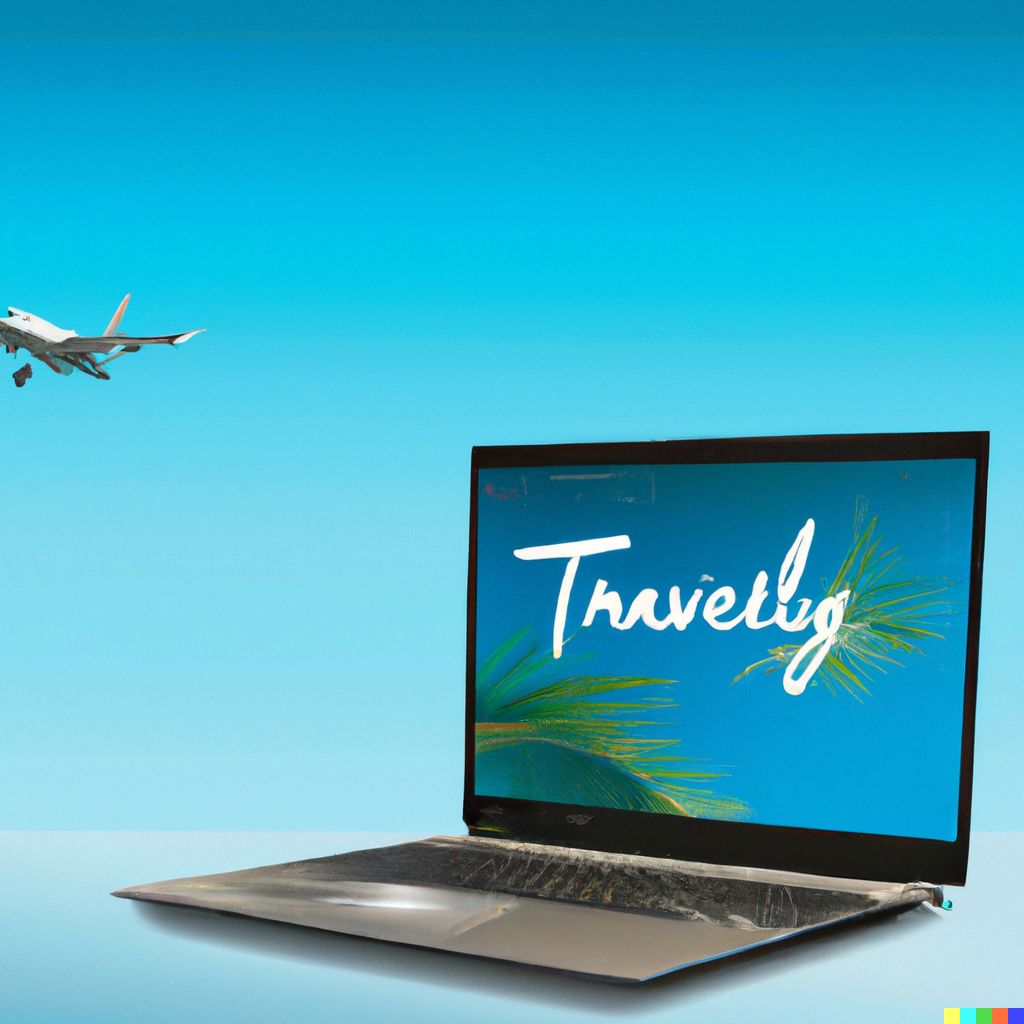September 03 | Travel Technology TravelTech

Travel has always been an adventure, but the journey itself is transforming in ways we could only imagine a decade ago. Travel technology, or TravelTech, is reshaping the way we plan, book, and experience our trips, offering unparalleled convenience, personalization, and efficiency. In this blog post, we'll dive deep into the cutting-edge technologies driving the travel industry forward, explore their impact on travelers and businesses, and look ahead to the future of travel.
TravelTech encompasses a broad range of technologies that enhance every aspect of the travel experience. From artificial intelligence (AI) and machine learning to virtual reality (VR) and blockchain, these innovations are redefining what’s possible in travel.
AI and machine learning have become cornerstones of modern travel technology. These technologies power everything from personalized recommendations to dynamic pricing models.
Personalized Recommendations: AI algorithms analyze data from past bookings, search history, and user preferences to offer tailored travel suggestions. For example, platforms like Google Travel and TripAdvisor use AI to recommend destinations, hotels, and activities that align with a traveler’s interests and previous behaviors.
Chatbots and Virtual Assistants: AI-powered chatbots are revolutionizing customer service in the travel industry. They provide instant assistance, handle bookings, answer questions, and even resolve issues. For example, KLM’s BlueBot helps travelers with flight information, baggage queries, and more.
Dynamic Pricing: Machine learning algorithms adjust prices in real time based on demand, competitor pricing, and other factors. This ensures that travelers receive competitive rates and businesses optimize their revenue.
Blockchain technology, known for its role in cryptocurrency, is making waves in the travel industry as well.
Secure Transactions: Blockchain’s decentralized nature offers enhanced security for transactions. This is particularly valuable for booking platforms, ensuring that payments are processed securely and transparently.
Smart Contracts: Smart contracts are self-executing contracts with the terms of the agreement directly written into code. They automate and streamline processes such as booking confirmations, payments, and refunds, reducing the need for intermediaries and potential errors.
Loyalty Programs: Blockchain can simplify and improve loyalty programs by providing a universal platform where travelers can earn and redeem points across different airlines, hotels, and travel services, making these programs more versatile and user-friendly.
Virtual Reality (VR) and Augmented Reality (AR) are changing how travelers explore destinations and plan their trips.
Virtual Tours: VR allows potential travelers to take immersive virtual tours of destinations, hotels, and attractions before making a decision. This helps them get a feel for the location and accommodations without leaving their homes.
Augmented Reality Navigation: AR apps provide real-time navigation assistance and information overlays. For example, apps like Citymapper offer AR walking directions, while Google Lens can translate signs and menus or identify landmarks.
Enhanced Travel Experiences: AR can enhance on-site experiences by providing additional information about points of interest, interactive maps, and historical context, enriching the traveler’s experience.
IoT connects everyday devices to the internet, allowing for greater automation and control.
Smart Hotel Rooms: IoT technology enables smart hotel rooms where guests can control lighting, temperature, and entertainment systems from their smartphones or voice assistants. Features like automated check-ins and keyless room entry enhance convenience.
Wearable Devices: Wearables, such as smartwatches and fitness trackers, can provide real-time updates on flight statuses, hotel check-ins, and activity recommendations. They can also track health metrics, making travel more personalized and comfortable.
Big data and analytics are revolutionizing how travel companies understand and serve their customers.
Customer Insights: Analyzing large volumes of data helps travel companies understand traveler preferences, behaviors, and trends. This information is used to create more effective marketing campaigns, improve customer service, and design personalized travel experiences.
Predictive Analytics: By analyzing historical data and current trends, predictive analytics can forecast travel patterns, demand, and pricing. This helps businesses anticipate and respond to market changes more effectively.
TravelTech has significant implications for both travelers and businesses.
As technology continues to evolve, the future of TravelTech holds exciting possibilities.
In conclusion, TravelTech is driving a revolution in the travel industry, offering unprecedented convenience, personalization, and efficiency. As technology continues to advance, travelers can look forward to even more exciting innovations that will transform the way we explore the world. Whether you’re a frequent flyer or an occasional explorer, staying abreast of these trends will help you make the most of your travel experiences in the years to come.
SHARE THIS:
© Copyright 2026Global Tech AwardsAll Rights Reserved